Shipping your car across the United States requires trusting a company with one of your most valuable possessions. Choosing a reliable auto transport service ensures your vehicle arrives safely, on time, and without unexpected costs.
With so many companies available, how do you pick the right one? This guide will walk you through the key factors to consider when choosing a trustworthy car shipping provider.
📝 1. Verify Licensing and Registration
A reputable auto transport company must be registered with the Federal Motor Carrier Safety Administration (FMCSA). This organization oversees the safety and reliability of transport carriers in the United States.
How to Check Licensing:
- Visit the FMCSA website (https://safer.fmcsa.dot.gov).
- Enter the company’s MC (Motor Carrier) number or USDOT number.
- Confirm the company has active operating authority and adequate insurance coverage.
💡 Tip: Avoid companies that hesitate to provide their MC or USDOT number.
⭐ 2. Check Customer Reviews and Reputation
Customer reviews provide insight into the company’s service quality. Look for reviews on reputable platforms:
- Google Reviews
- Trustpilot
- Better Business Bureau (BBB)
- Transport Reviews
Look for consistent praise regarding:
✅ Timely pickup and delivery
✅ Clear communication
✅ Fair pricing with no hidden fees
✅ Safe vehicle handling
🚫 Red Flags: Frequent complaints about delays, damage, or poor customer service.
💰 3. Compare Multiple Quotes
Request at least 3 to 5 quotes from different auto transport companies. Be cautious of quotes that are significantly lower than others—they often lead to poor service or hidden fees.
What’s Included in a Reliable Quote?
- Total price: No surprise fees
- Transport type: Open or enclosed
- Pickup and delivery windows
- Insurance coverage details
💡 Tip: Choose a company that offers a price-lock guarantee to avoid unexpected rate increases.
🚗 4. Choose Between Broker and Carrier
Understanding the difference between brokers and carriers helps you choose the right service:
| Feature | Broker | Carrier |
|---|---|---|
| What they do | Connect you with carriers | Owns and operates the transport trucks |
| Pricing | Usually more flexible, but sometimes with broker fees | Direct pricing with no middleman fees |
| Availability | Access to multiple carriers | Limited to the carrier’s own routes and schedule |
| Communication | Customer support from the broker | Direct contact with the driver |
💡 Tip: If you prefer one point of contact, choose a carrier. If you want multiple options, go with a broker.
📜 5. Review the Insurance Coverage
Reliable auto transport services provide insurance coverage in case of damage during transit.
What to Look For:
- Basic Coverage: Most companies offer $50,000 to $100,000 per vehicle for open transport and up to $500,000 for enclosed transport.
- Gap Coverage: Some brokers, like AmeriFreight, offer extra protection plans.
- Inspection Requirements: You’ll need to document your vehicle’s condition before and after transport.
💡 Tip: Ask for a Certificate of Insurance (COI) if you’re shipping a luxury or classic car.
🚚 6. Confirm Transport Type: Open vs. Enclosed
Choose the transport type based on your vehicle and budget:
Open Transport:
- Most common and affordable option.
- Vehicles are exposed to weather and road conditions.
- Ideal for standard cars and daily drivers.
- Cost: $700 to $1,500 (cross-country).
Enclosed Transport:
- Provides maximum protection in a covered trailer.
- Best for luxury, classic, or exotic cars.
- Cost: 30% to 50% more than open transport.
💡 Tip: If your car’s value exceeds $50,000, enclosed transport is worth the investment.
📅 7. Check Pickup and Delivery Options
Reliable companies offer flexible pickup and delivery methods:
- Door-to-Door: Convenient, but slightly more expensive.
- Terminal-to-Terminal: Cheaper, but you must drop off and pick up the car.
💡 Tip: Confirm the estimated pickup and delivery window before booking.
📞 8. Evaluate Customer Support
Strong customer service ensures a smooth experience. Contact the company and ask:
- How do you handle shipment updates?
- What happens if my car is delayed or damaged?
- Do you provide 24/7 customer support?
🚫 Red Flag: Poor communication or pushy sales tactics.
🖊️ 9. Understand the Contract Before Signing
Before booking, carefully review the Bill of Lading, which outlines the shipping terms and the car’s condition at pickup.
Key Details to Verify:
- Total cost and payment terms
- Pickup and delivery locations
- Insurance coverage
- Cancellation policy
💡 Tip: Avoid companies that require full payment upfront.
💡 10. Look for Industry Certifications
Trustworthy auto transport companies often hold industry certifications:
- FMCSA Licensed: Federal Motor Carrier Safety Administration.
- BBB Accreditation: Better Business Bureau rating of A+ or higher.
- NATSA Membership: National Association of Small Trucking Companies.
💲 How Much Should You Pay for Reliable Auto Transport?
The cost varies depending on distance, vehicle type, and transport method:
| Distance (Miles) | Open Transport Cost | Enclosed Transport Cost | Delivery Time (Days) |
|---|---|---|---|
| 0 – 500 | $500 – $800 | $800 – $1,200 | 1 to 3 days |
| 500 – 1,500 | $800 – $1,200 | $1,200 – $1,800 | 3 to 7 days |
| 1,500 – 2,500 | $1,000 – $1,500 | $1,500 – $2,200 | 7 to 10 days |
| 2,500+ | $1,200 – $1,800 | $1,800 – $2,500 | 10 to 14 days |
🛡️ Final Thoughts: How to Choose the Best Auto Transport Service
Choosing a reliable auto transport service involves verifying credentials, reading reviews, comparing quotes, and understanding the terms. To recap:
✅ Check FMCSA registration and insurance coverage.
✅ Read customer reviews and BBB ratings.
✅ Compare at least 3 quotes from reputable companies.
✅ Confirm pickup and delivery options.
✅ Review the contract and Bill of Lading carefully.
By following these steps, you’ll find a trustworthy company that delivers your vehicle safely and without stress.








